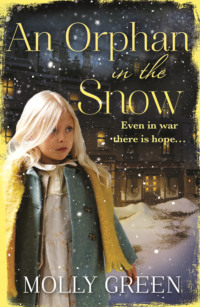An Orphan in the Snow: The heart-warming saga you need to read this year

Добавить В библиотекуАвторизуйтесь, чтобы добавить
Добавить отзывДобавить цитату
An Orphan in the Snow: The heart-warming saga you need to read this year
Вы ознакомились с фрагментом книги.
Для бесплатного чтения открыта только часть текста.
Приобретайте полный текст книги у нашего партнера:
Всего 10 форматов
Авторизация